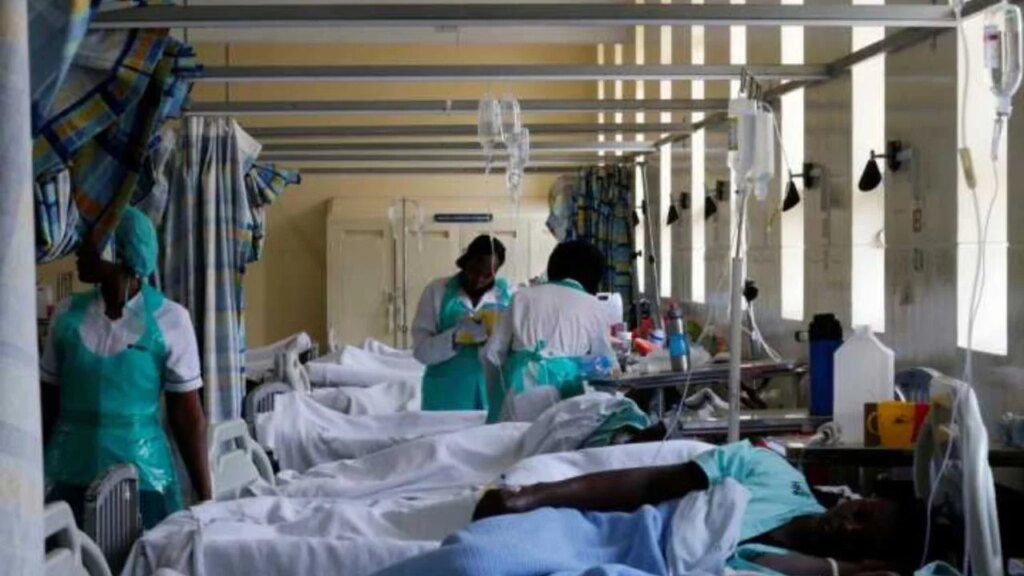Nigeria is battling a devastating cholera outbreak that has claimed 378 lives and infected over 14,237 people since the beginning of the year. The Nigeria Centre for Disease Control (NCDC) revealed the alarming figures in a recent update on the ongoing response to infectious disease outbreaks.
According to Dr. Jide Idris, Director-General of the NCDC, the disease has spread to 35 states and the Federal Capital Territory (FCT), spanning 339 local government areas. This makes cholera a serious public health concern, particularly in areas with inadequate water, sanitation, and hygiene (WASH) systems. “Cholera remains a major issue for us, especially in regions where access to clean water, sanitation, and hygiene facilities is limited,” Dr. Idris emphasized.
This year, the country has witnessed two significant waves of cholera outbreaks, with the most recent surge attributed to heavy rainfall and subsequent flooding. The NCDC had anticipated this pattern, thanks to data and advisories provided by the Nigerian Meteorological Agency (NiMET). “We foresaw the risks and are working tirelessly to mitigate the spread of the disease and save lives,” Dr. Idris assured.
The floods in northern states such as Borno, Adamawa, Jigawa, Yobe, and Kano have worsened the situation, making these states the epicenters of the outbreak. “The recent surge in cases has been attributed to the flooding in these areas, and we are committed to supporting the affected communities,” Dr. Idris said.
In collaboration with relevant stakeholders, the NCDC has been working relentlessly to combat the disease. Despite the challenges, the agency remains optimistic about controlling the outbreak. By providing timely updates and implementing effective response strategies, the NCDC hopes to prevent further spread of cholera and ultimately save more lives.
For now, the battle against cholera in Nigeria continues, with the NCDC at the forefront of efforts to mitigate its impact. As the country works towards containing the outbreak, the international community can offer valuable support and expertise to aid in the response efforts. With collaboration and a proactive approach, Nigeria can overcome this health crisis and build a more resilient future for its citizens.
